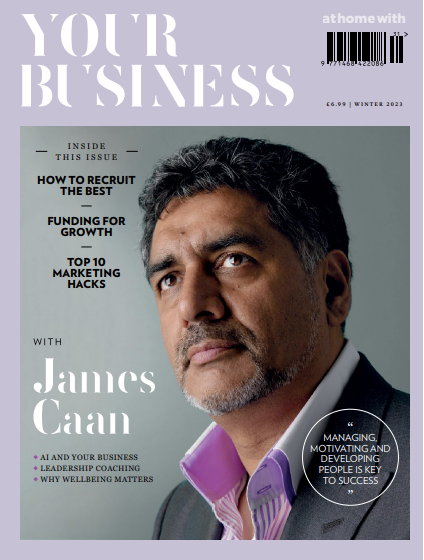




We’re the experts who help businesses, organisations and people
Welcome to ASCEND! We take pride in providing our clients with proactive, locally delivered insurance solutions
Every day, we help our clients handle uncertainty and threatening risks with expert advice and coverage. Our values align in delivering a truly exceptional experience to YOU!
Market-leading
Business Insurance
Specialist
Private Medical Insurance
Proactive
Risk Management

Your independent insurance advisor
Our client service is built on three key principles:
Independence
We offer independent advice to clients. This enables us to act purely in our clients’ best interests and ensures we explore all avenues to find the best solution.
Expertise
We provide you with sector expertise delivered locally by qualified practitioners who will support you and your team on a day-to-day basis.
Flexibility
We pride ourselves on a flexible placement and claims service, meaning we can access the most appropriate insurer, legal, accountants or technical specialists, depending on your requirements.
We find the right solution
Our case studies
Your claims department
Report a claim today

Providing a personal, market-leading insurance solution
‘Our business was built to offer you something different. By providing you with a holistic proposition, backed by an award-winning claims service, we can deliver an alternative solution in an ever-changing market place.
Your business is built on people. Our business understands this at its core and will always go the extra mile.’
Providing you with exceptional service
Award-winning customer service
Book your free 15 minute Health Check. Talk to one of our experts to assess the reliability of your insurance programme
Insurance Health check
A growing threat - why every business needs directors' & officers' insurance
We recently featured James Caan’s ‘Your Business’ magazine, highlighting the main exposures to anyone running a business.
A proactive, reliable, advice-driven service across all insurance products
Testimonial
"The team are accessible, even after hours. We experienced a fire on 27th December at our head office. Ascend were onsite same day and arranged for their loss adjuster to be with us next day"
Why are we different?
"Real People" Who Care!
Talk to Ascend today!

24/7 Claims Experts

100% Independent

Digitally Nimble

Over 100 specialist insurance partners








Your dedicated insurance department

We work hard to secure your trust – now your insurance is in safe hands.
All our clients have a dedicated client account manager who oversees the design, service and management of your insurance programme.
We are all on-hand after office hours, as we know accidents can happen at the most inconvenient times.
In a world where businesses are centralising to call centres hundreds of miles away from your business, or, even worse, removing this vital function – we buck the trend.
We invest in highly-trained, experienced claims managers who oversee all aspects of the claims process.
No two clients are the same, which is why we provide you with a unique choice on the service you require from us – our tiered service proposition.
This is backed by our Ascend Index – a market leader in providing you with informed advice on the product, service and claims offering from insurers.
Read some of our repeat customers' feedback
Property Owner
Building Contractor
Haulage Contractor
Our why
Employees
All of our employees have been hand-picked and have extensive experience in the insurance market, many in different roles.
Training
Our culture is important to us. That is why we have developed the best academy training programme for our apprentices - the leaders of the future.
Everyone is customer-facing
All of our team share our service ethos. No matter who you deal with at Ascend, you will find them engaged, professional and efficient.
Latest news & articles from the blog
Speak to a consultant today!























